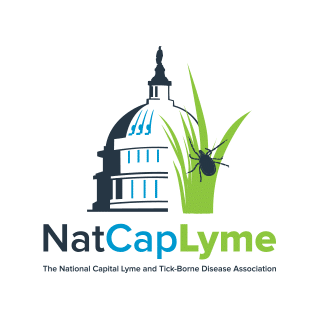
Secretary of Health and Human Resources Dr. Bill Hazel Announces Lyme Disease Task Force
January 6, 2011
Virginia Secretary of Health and Human Resources, Dr. Bill Hazel, today announced the creation of a task force to explore prevention and treatment of Lyme disease. This taskforce will work to bring recommendations and information to the Governor regarding Lyme disease and the diagnosis, prevention, public education, medical treatment, and will also consider the impact of Lyme disease on children.
Lyme disease is a bacterial illness, spread through the bite of an infected blacklegged “deer tick,” or Ixodes scapularis. This disease can cause severe illness in humans. If untreated or not properly treated, some patients may develop arthritis, neurological problems, and/or heart problems. Over the past several years, reported cases of Lyme disease have been on the rise in Virginia. The number of Lyme disease cases reported in the Commonwealth in 2007 more than doubled from 2006. This growing burden of disease is due in part to rapid suburbanization of previously rural areas. There is a need to provide accurate and effective prevention messages. This growth in the number of cases has sparked an increase in public interest and concern.
Speaking about the task force, Dr. Hazel commented, “Lyme disease is a preventable illness, but there is a need and demand by the public for more information about the disease. The Governor requested the creation of this task force to address the increased prevalence of Lyme disease in Virginia. I look forward to working with the task force to ensure the public is educated about Lyme disease and the preventive steps that can be taken to avoid Lyme disease.”
In order to protect public health, it is imperative that medical providers be kept abreast of new knowledge about how to prevent, diagnose and treat this disease. Lyme disease is transmitted by a complex interaction among ticks, animals such as deer and mice, and people. This interaction supports the tick population and allows transmission of the bacterium that causes the disease. Disease tracking is essential to understanding the burden of this emerging infectious disease. Opportunities may exist for disease control and prevention through wildlife management or wildlife treatment with insecticides/biologicals for tick control.



